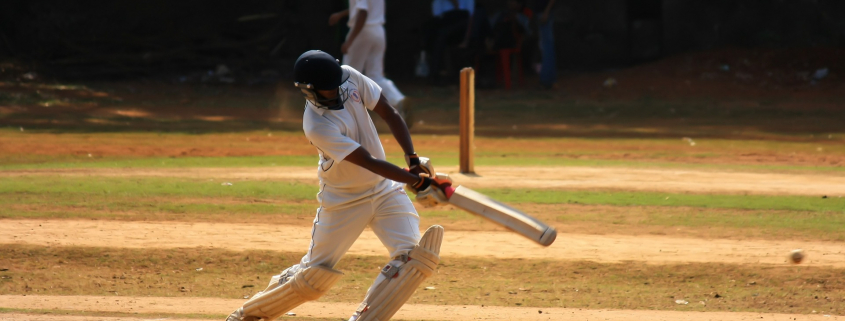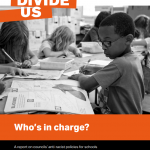The Independent Review into Racism in Scottish Cricket
DDU supporter, teacher and sports fan, Mark McConnell looked at how the burgeoning Equality, Diversity and Inclusion industry is primed to dismantle and reshape our public bodies in its image. EDI bodies like Plan4Sport are committed to finding ‘proof’ to justify more diversity training than in understanding, or addressing, material problems that some groups in society may face which may, or may not, involve racist discrimination.
In the aftermath of the allegations by the cricketer Azeem Rafiq of racist bullying and a culture of institutionalised racism at Yorkshire County last year, Sport Scotland commissioned a report into similar allegations. These allegations stemmed primarily from two former Scotland internationals, Majid Haq and Qasim Sheik, culminating in the tallying of 448 instances of ‘institutional racism’ by the Stoke-based, ‘global equality, diversity, and inclusion (EDI) experts’ Plan4Sport. The report will have wide ranging implications on the future of Scottish cricket, not least with Sport Scotland poised to withdraw their annual £500k stipend if Cricket Scotland is slow to implement its findings.
But what exactly do those findings of Plan4Sport, those 448 examples of ‘institutional racism’ look like?
The answer appears to be that not all racisms are equal.
On one hand we have allegations of noxious uses of racial epithets, such as when Haq heard an opposition player called a ‘black b*****d’ on tour in Kenya. Although he admits it was later dealt with, Haq felt Cricket Scotland were dragged their feet. Likewise, his alleged attempt to educate teammates on why it was unacceptable to use the ‘P’ word in or outside his presence surely reflects a callous disregard in some quarters for the ugly history of such terms.
But amongst the report’s other findings were ‘persistent microaggressions’. In their own definition, Plan4Sport accept that microaggressions can ‘even be well meaning’, yet it is taken as a given that society is on board with the postmodern, standpoint theory understanding of ‘impact over intent’. Likewise, in the report’s recommendations it is asserted that the absence of a diverse Cricket Scotland board in a country of 96% white people must be ameliorated with 25% ethnic minority representation. The reason given for this dramatic realignment is that Asian people make up a disproportionate amount of cricket players. Fair enough. But of course, we should not hold our breath for any diversity group highlighting the under-representation of white, or for that matter, Asian people in UK sprinting. This way of thinking about equity of outcomes rather than equality of opportunity leads to a reductive ‘paint by numbers according to ethnicity’ approach that can only sow further divisions.
Due to the lower profile of cricket in Scotland, this episode will likely linger less in the public mind than its counterpart in Yorkshire, yet the case clearly illustrates the pernicious nature of the growing EDI industry.
An organisation which sets out to detect microaggressions, that pseudoscientific measure of racism, is not an independent one. Likewise, a diversity re-education company which sees the absence of this service as evidence of institutional racism, is not an objective or neutral one, regardless of how it is presented in the media.
Serious investigations of racism are undermined with partial and ideological processes led by the growing cohort of woke consultancy firms like this. Plan4Sport are not fit to pass judgement on how organisations attempt to foster racial harmony. They are certainly not fit to dictate a racialised root and branch reform of their personnel.


